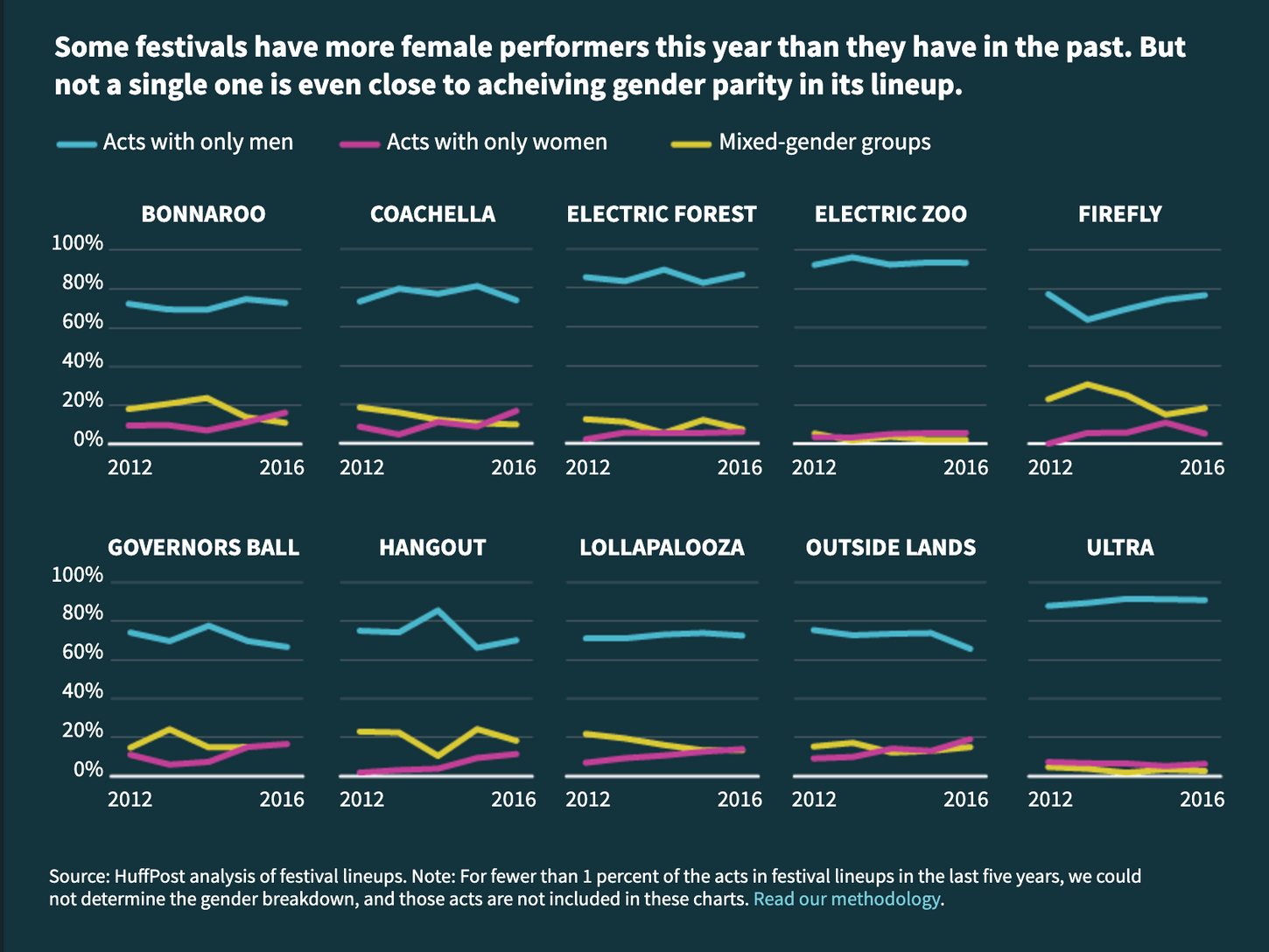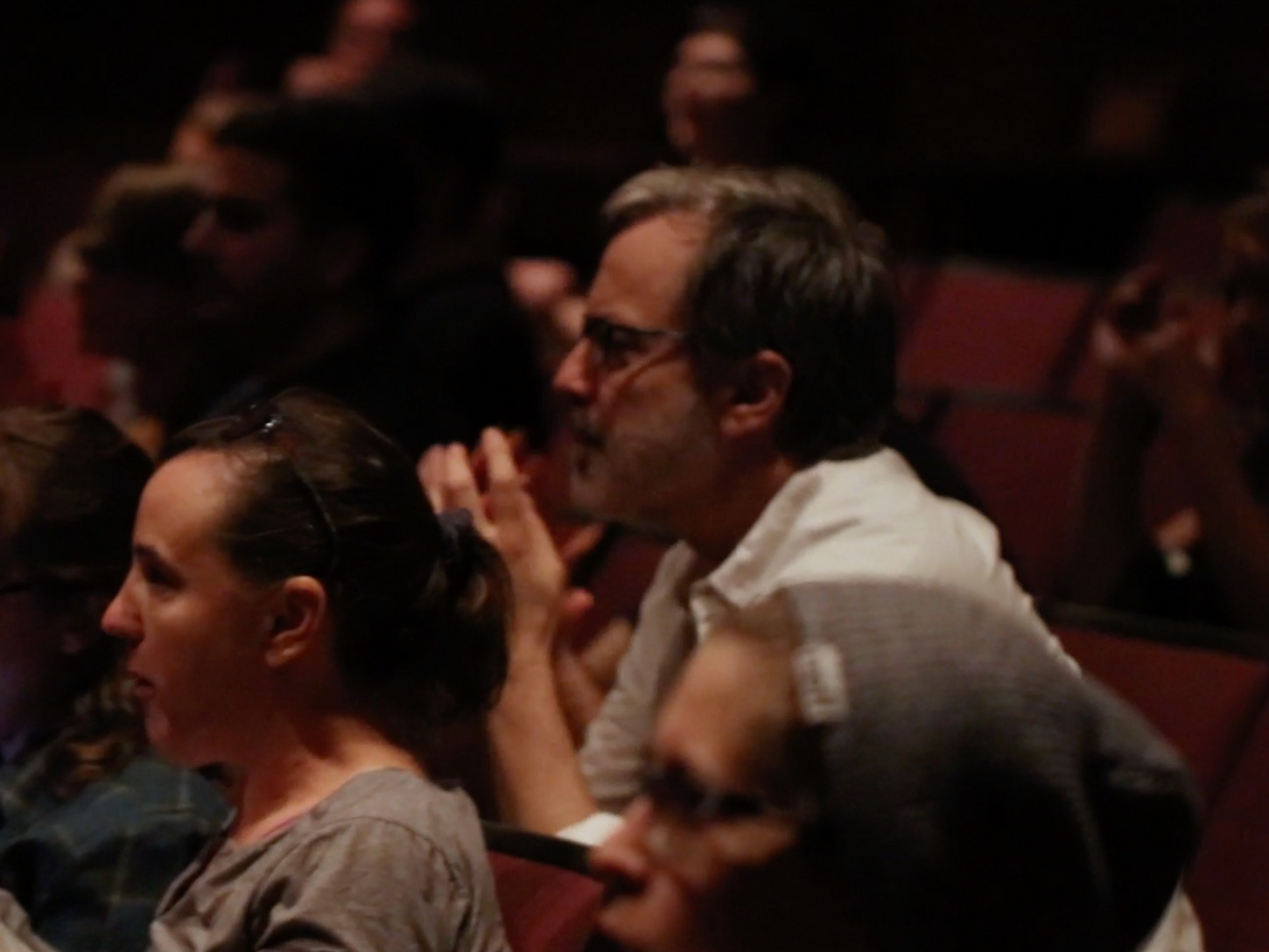ROLE
Founder, Director of Product & Experience
TEAM
(9) Board Members
(1) Executive Director
(1) Founder, Director of Product & Experience
(1) Creative Coordinator
(1) Booking Coordinator
(1) Vendor Coordinator
(4) Co-Creation Committees
Up to 11 interns
TIMELINE
Annually, for 4.5 years
"...I have not encountered someone with more potential than Alexi King."
Josh Johnson
Founding Advisor, VP of the Board

MidWay Music Festival
A Mission-Centered Music Festival
Experience Design
Market + User Research
Concept + Vision Development
Data-Driven Optimization
Brand Strategy
GTM Strategy
Digital Strategy + Design
Spacial + Environmental Design
This case study explores the establishment and evolution of MidWay Music Festival (MWMF), a 3-day multi-venue event featuring 30+ musicians. Designed to match the energy and production quality of nationally recognized festivals, MWMF distinguished itself with a commitment to gender equity, delivering high-quality experiences while driving lasting change in Indiana's music scene.
4
Years Running
120+
All-Time Musicians Booked
200+
All-Time Partners
5x
Attendance Growth by Yr 4
Overview
While women make up over 50% of festival attendees, women and mixed-gender acts only account for less than 25% of lineups at major U.S. music festivals (Huffington Post). This lack of representation not only reinforces gender biases but also limits visibility and career growth for women in music. Mission-driven festivals aiming to address this gap often face skepticism and perceptions of being "gimmicky," hindering their impact and audience reach.
MidWay Music Festival set out to disrupt this narrative. Through intentional booking and community-driven programming, MWMF not only bridged representation gaps but also proved that social impact and high-quality festival experiences can go hand in hand - driving lasting change in Indiana's music scene. (Our 2019 Gender Breakdown: 100% of acts featured one woman or nonbinary person | 61% of all individual artists identified as woman or nonbinary | 39% identified as men).

Uncovering the Gender Gap in Music Festivals
I conducted exploratory research to better understand equity in the music industry and the festival landscape. My goal was to identify not just symptoms, but the underlying issue and potential solutions that could address it meaningfully. I wanted to make sure I was truly understanding the problem at its core, so I set out with these questions:
-
Was there really a gender gap in festival lineups?
-
If yes, how severe was it?
-
If yes, what could be the origin(s)?
I felt the right solution could only come from identifying the core problem and cause(s). This discovery period led to the following insights:
Insight 1:
Women are severely underrepresented in music festival lineups and the industry as a whole.
(Source: Secondary Research, Ethnography)
Insight 2:
Growing up, girls felt socially limited to specific genres and instruments.
(Source: Interviews, Secondary Research, Digital Ethnography)
Insight 3:
Festival lineups reflected a systemic gap, overwhelmingly featuring all-male acts.
(Source: Secondary Research, Ethnography)
Insight 4:
Mixed-gender bands appeared even less frequently in lineups than all-women groups.
(Source: Secondary Research)

Differentiating MidWay In A Crowded Market
After identifying the core problems and proposed solutions, began to validate and refine the brand positioning through concept testing, customer interviews, and ethnographic research. To identify market trends and gaps, I studied nationally recognized festivals like ACL and Bonnaroo, regional festivals like Chicago's Mamby on the Beach, mission-driven festivals like National Women's Music Festival, and local festivals like Lotus World Music & Arts Festival.
These insights informed the early strategic direction and led to these 'how might we' statements to kickstart solution ideation.
Insight 1:
Festivals that use the phrase "female-fronted" imply an exclusive atmosphere and don't emphasize women in varying musical roles.
(Source: Competitive Analysis, Interviews)
Insight 2:
Majority of mission-centered festivals rely so heavily on mission-centered marketing that their branding and quality of experience took a hit.
(Source: Interviews, Market Research)
Insight 3:
Women musicians themselves don't want to be put in a box and classified as a "women musician" rather than a "musician."
(Source: Interviews, Market Research)
Insight 4:
Marketing around social impact attracted only those who already supported, restricting festivals influence and impact.
(Source: Concept Testing, Market Research)
Insight 5:
The negative perception of mission-driven festivals: they are often discounted and dismissed as "gimmicky."
(Source: Concept Testing, Ethnography, Interviews)
How might we create a festival environment where artists are recognized first and foremost as musicians, regardless of gender?
How might we counter the perspective that these types of festivals are viewed as a "marketing gimmick?"
How might we differentiate ourselves from similar festivals?
Our Distinct Strategy
MidWay recognized that real change happens when everyone is part of the conversation - not just women. Instead of positioning our mission as the primary selling point, I focused on curating a top-tier festival experience that appealed to all music lovers.
-
Win audiences over first, by curating a high-quality, immersive music experience.
-
Make diverse lineups feel natural, rather than a novelty or a statement.
-
Let the impact unfold organically, allowing audiences to experience the festival first, then engage with its deeper mission when they sought it out.
By prioritizing the festival first and inspiring curiosity, we expanded our reach and shifted perspectives - not just through messaging, but through experience. This presentation enabled MidWay to become a space where gender equity in music wasn't just the mission statement - it was the norm.


Our Differentiators
Musicians First
Every act included at least one woman or nonbinary artist, but our focus wasn’t on labeling them—it was on fostering a space where they were seen as musicians first and celebrated for their artistry.
Gender Equity As A Foundation
While many women-focused festivals centered their marketing around gender representation, we took a different approach. Gender equity was embedded into our booking process and organizational DNA, ensuring the festival stood out on its own merit as an unforgettable experience.
Women Featured, Not Just Fronted
We went beyond the common "female-fronted" label, ensuring representation across all roles in music, from instrumentalists to DJs and sound engineers.

Building Early Support
I founded MidWay Music Speaks with a clear vision, compelling brand, and research to back it. I recruited Founding Advisors who believed in the potential and launched the Rising Star Youth Competition - a pilot event that tested our mission-driven approach, built brand loyalty, and generated our first artist booking and ticket sales before the festival even launched.
Leveraging this early traction, I developed a tiered pricing strategy to attract sponsors and partners, built guerrilla marketing campaigns around MidWay merch, and created a data-backed business case using market analysis and user research. This positioned us for rapid growth: MidWay was fully funded in year one, grew partnerships by 13%, and achieved 500% YoY funding growth.
Strategic Brand Identity

I developed brand guidelines, a content strategy, and a visual identity inspired by top-tier festivals, reflecting the energy, excitement, and high-caliber performances of MidWay.
Subtle Mission Integration

Our marketing didn't lead with gender equity - but it was always discoverable. Through behind-the-scenes storytelling, artist features, strategic partnerships, our website, the mission unfolded organically for those who sought it.
Interactive Activations

To deepen engagement, we introduced community booths, live art installation, buskers, lawn games, and unconventional venues, encouraging festival goers to participate beyond the music and interact with both the brand and each other.
Experience Design

We ensured consistency across all touchpoints - both digital and physical - creating a seamless, immersive festival journey spread throughout downtown Bloomington.
Crafting the Festival Experience
I designed the festival experience around three distinct user journeys: full-pass holders could seamlessly flow between venues, casual attendees could discover artists through interactive activations and QR-gated content, and fringe audiences could engage through vendor experiences and unconventional venues.
To guide this, I mapped the end-to-end experience across 5 audience segments, balancing intuitive navigation with strategic discovery moments. I structured multi-venue evening showcases with tiered access and genre-based programming, creating a mainstream festival feel in a compact downtown setting while maintaining perks for premium ticket holders.

1. MARCH
Rebrand + Date Release

-
Unveiled annual festival rebrand and announced dates with a targeted save-the-date campaign
-
Released refreshed brand visuals to set the stage for the year
2. APRIL
Rising Star + Community Partnerships

-
Launched the Rising Star Youth Competition, building early excitement and community involvement
-
Field marketing, event sponsorships
3. MAY
Artist Promos + Campus Parterships

-
Discreetly promoted artists by booking them for local shows, talks, and community events
-
Field marketing, event sponsorships, and intern-planned events
4. JULY
Lineup Release + Early Bird Tickets

-
Hosted the VIP Friends of MidWay event for exclusive lineup release, celebration and stakeholder networking
-
Followed with a public lineup drop through social media, branded materials, and a redesigned website
-
Launched early-bird ticket sales with high-visibility marketing around town
5. AUGUST
MidWay's B-town Takeover

Kicked off the MidWay Takeover, aiming for total brand saturation:
-
Artist takeovers on social media, Spotify playlists with lineup artists, social media and radio ads
-
Buskers and performers in MidWay purple, live shows around town, and guerrilla marketing
-
Guest lectures at IU
-
Tabling and flyering at key events
6. SEPTEMBER
Final Push + Free Day Fest
.jpeg)
-
Chalked sidewalks and strategic locations for last-minute visibility
-
Launched last pricing tier, leading up to the Free Daytime Festival in downtown Bloomington
-
The free experience drove brand loyalty, increased visibility, and boosted ticket sales for evening shows
MidWay's GTM Playbook
Each year, we dedicated 6 months to strategically launch the festival, maximizing reach, engagement, and ticket sales. Our annual GTM strategy was refined and expanded to resonate with both mission-driven supporters and mainstream music lovers.
From the beginning, MWMF was built on a foundation of data-driven decision-making and continuous iteration. Each year, we held retros, conducted market and trend analysis, gathered customer feedback, and refined our approach to ensure sustainable growth and long-term impact. By grounding our strategy in real data and continuous refinement, MidWay proved that a socially impactful festival could be a thriving, sustainable, and scalable success.
At the start of the second year of the festival, we got our official nonprofit status and expanded our two foundational events (MidWay Music Festival and Rising Star) into MidWay Music Speaks: a nonprofit startup dedicated to educating, empowering, and entertaining audiences.
Post-Production Results



















